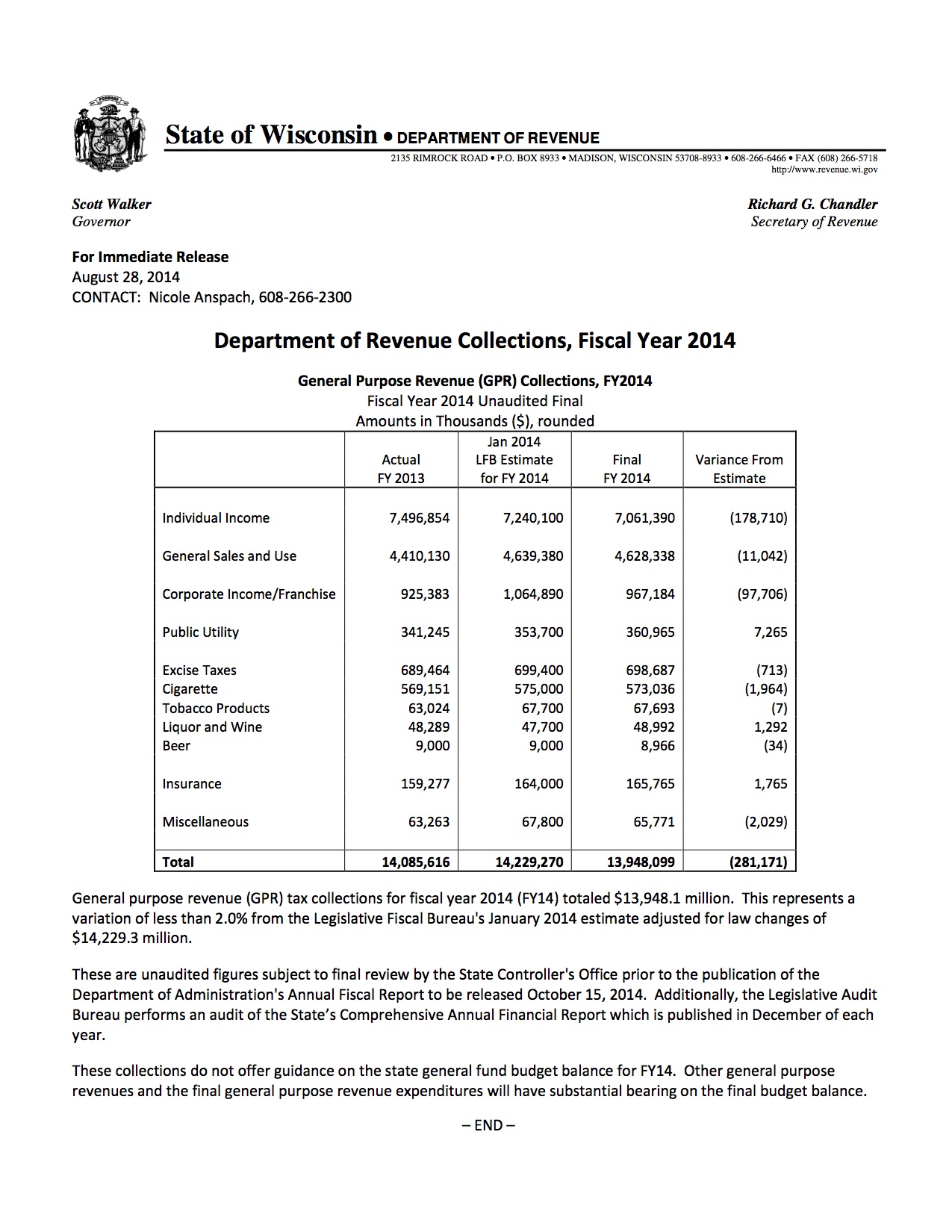PROFS Board of Directors
Annie Jones*, Extension and Community & Environmental Sociology, Chair
Michael Bernard-Donals*, English and Jewish Studies
Nancy Kendall*, Educational Policy Studies
Robert Mathieu, Astronomy
Michelle Chui, Nursing and Pharmacy
Natalia De Leon Gatti*, Agronomy and Horticulture
*also on PROFS Steering Committee
PROFS Steering Committee
Michael Bernard-Donals, English and Jewish Studies, President
Peter Adamczyk, Mechanical Engineering
Jerold Braatz, Extension
Tonya Brito, Law
Jessica Calarco, Sociology
Bradley Christian, Medical Physics
J. Michael Collins, School of Human Ecology
Mark Copelovitch, Political Science and La Follette School of Public Affairs
Julie Dawson, Horticulture
Armando Ibarra, School for Workers
Taylor Odle, Educational Policy Studies
Christa Olson, English
Steph Tai, Law
Susan Thibeault, Surgery
Michael Titelbaum, Philosophy
Terry Warfield, Accounting & Information Systems (Emeritus)
Claire Wendland, Anthropology and Obstetrics & Gynecology
Kirsten Wolf, German, Nordic & Slavic




